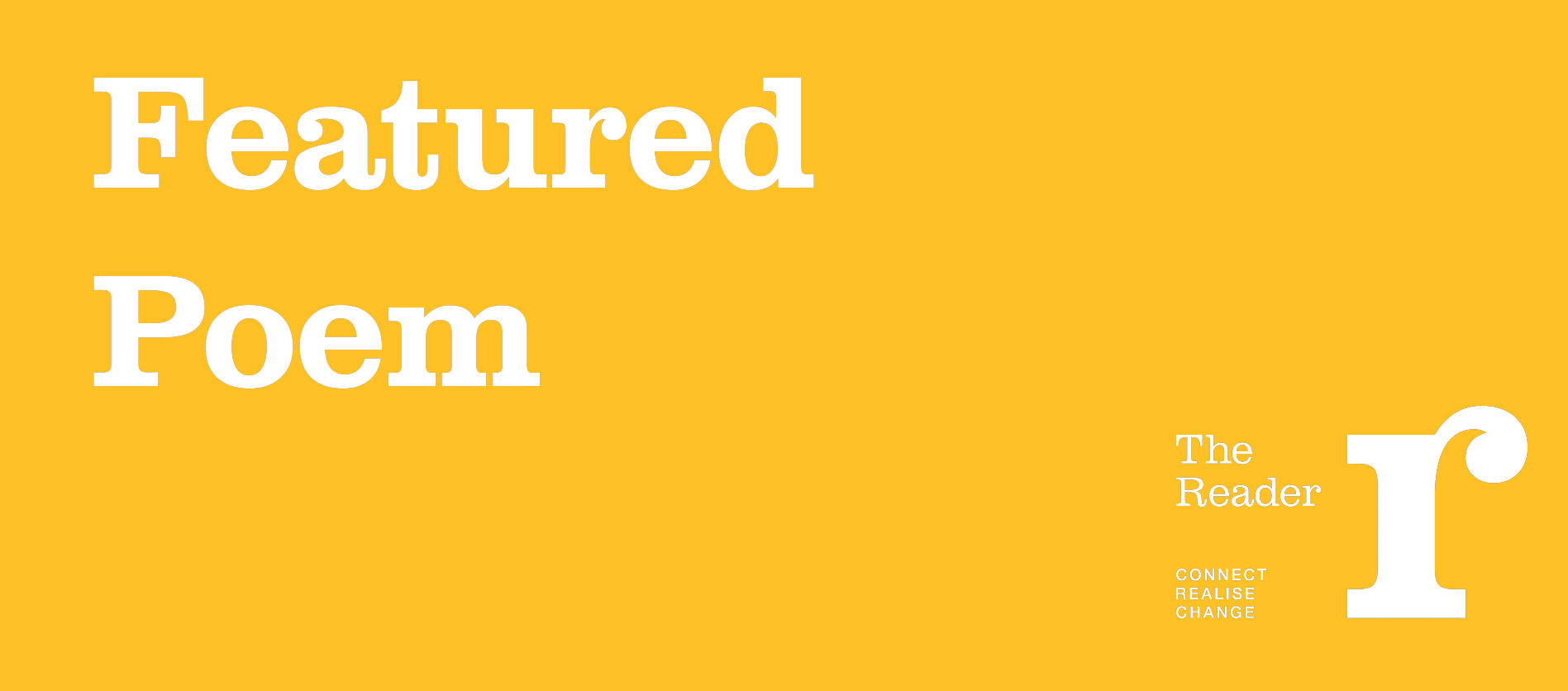Featured Poem: Alone by Edgar Allan Poe

This week's Featured Poem, Alone from Edgar Allan Poe, celebrates World Mental Health Day.
Remembering Samuel Johnson's quote about literature, that it should "help us either to enjoy life or to endure it", we look to one of poetry's darker wordsmiths, Edgar Allan Poe for a verse befitting World Mental Health Day.
Born in January 1809, Edgar Poe was the second son of Elizabeth Arnold Hopkins Poe and David Poe Jr, both actors, who performed in King Lear the year of his birth, which is thought to have influenced his naming. His father abandoned the family the following year and his mother died a year later from consumption. Poe was fostered by the family of John Allan, a successful Scottish merchant in Richmond, Virginia, taking their family name, though never formerly being adopted.
Poe was alternately spoiled and aggressively disciplined as a child. He was educated in Scotland and London between 1816 and 1820 during the family's brief return to Britain and went on to University of Virginia at Charlottesville having returned to America in the 1820s. His time there was cut short because of bad debts and inadequate financial support from Allan with whom he had become estranged.
He travelled to Boston in 1827 where, unable to support himself, he enlisted in the army under the name Edgar A Perry, claiming to be four years older than his 18 years. That same year he published his first collection of poetry, Tamerlane and Other Poems, which received little attention from readers or reviewers. After two years service, Poe sought to end his five-year enlistment by revealing his true name and age but his commanding officer would not allow Poe to be discharged until he reconciled with his foster father.
Correspondence from John Allan proved unsympathetic, and it was several months before an agreement was met and Poe was honorably discharged from the army following the death of his foster mother. He was instead enrolled at the United States Military Academy at West Point but within a year, relations with Allan had soured yet again and Poe had himself court-martialed and discharged from the academy in 1831.
He moved briefly to New York and published his third collection Poems, funded by and dedicated to his fellow cadets at West Point, before moving on to Baltimore to live with an aunt, Maria Clemm, cousin Virginia, and his older brother Henry, who had been ill, partly due to alcoholism, and died the following August.
Despite winning some cash prizes for prose works Poe was still struggling financially, and Allan's death in 1834 offered no resolution. He took an editing role at The Southern Literary Messenger in Richmond the following year, bringing with him his aunt and cousin, who he would marry in 1836 when she was only 13 years old. Poe was involved in various journals and publications over the next decade, rising to prominence as a leading man of letters in America. In the 1830s and 40s he became an admired poet, author and literary critic, becoming the first well-known American writer to try and earn a living through writing alone, though he made little profit from it.
After his wife's death of tuberculosis in 1847 Poe became involved in a number of romantic affairs and while preparing for his second marriage, he arrived in Baltimore without explanation. He was discovered on the evening of October 3, wandering the streets in a state of semi-consciousness and wearing someone else's clothes. He died four days later without ever gaining lucidity enough to explain the circumstances which had brought him to the last days of his life.
Poe is widely considering the central figure of Romanticism in America literature and a pioneer in the short story genre. The Raven, published in 1845, was his defining work, bringing instant success and, along with the likes of The Tell-Tale Heart, displayed the psychological intensity and elements of horror which characterised Poe as a dark writer. Throughout his poetry and prose Poe demonstrated a depth and connection with the pathos of his life and times.
Alone
Share
Related Articles

Storybarn Book of the Month: Saving the Butterfly
This month, as part of Refugee Week (16-22 June), we've been taking a look back at one of our favourites…

June’s Stories and Poems
This month we are celebrating the natural world, and especially the many wonderful creatures that live within it, with June’s…

April’s Monthly Stories and Poems
Our year of Wonder with The Reader Bookshelf 2024-25 is coming to a close – though we won’t be putting…


